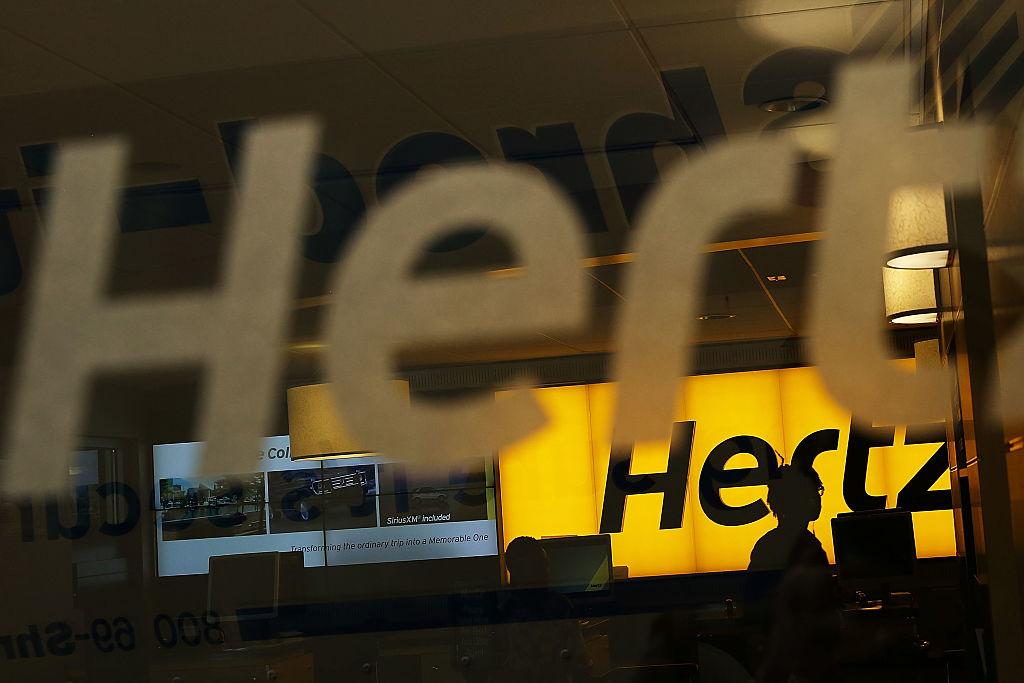Car rental companies could be the next victims of Uber and other ride-hailing companies that are constantly challenging traditional business models.
Facing sluggish revenue growth, Hertz and Avis are now losing customers to ride hailing, a disruptive change they can’t keep pace with.
“This really represents a deeper shift in our relationship to the physical things. The issue today is access to assets rather than ownership of assets,” said Rita Gunther McGrath, a professor at Columbia Business School who focuses on strategy and innovation.
“Increasingly, what you see is a situation in which people with excess capacity are finding ways to rent that capacity to other people who need it,” she said.
Business travelers prefer using ride-hailing services rather than rental cars and taxis, according to a report by Certify, an expense management software company. Based on the number of transactions, Uber and Lyft made up 52 percent of business traveler rides in the third quarter of 2016, compared to 36 percent for rental cars and 12 percent for taxis.
The gap is growing at a rapid pace, according to the report.
“Based on the size of our sample—we process over 10 million receipts and expenses in a quarter—we feel it is an indicative trend that might mirror the larger economy,” said Bob Neveu, president of Certify.
It is all about the quality, efficiency, and simplicity offered by ride-hailing companies, he said.






